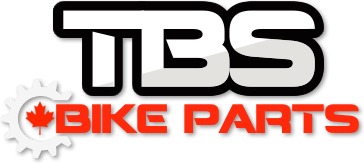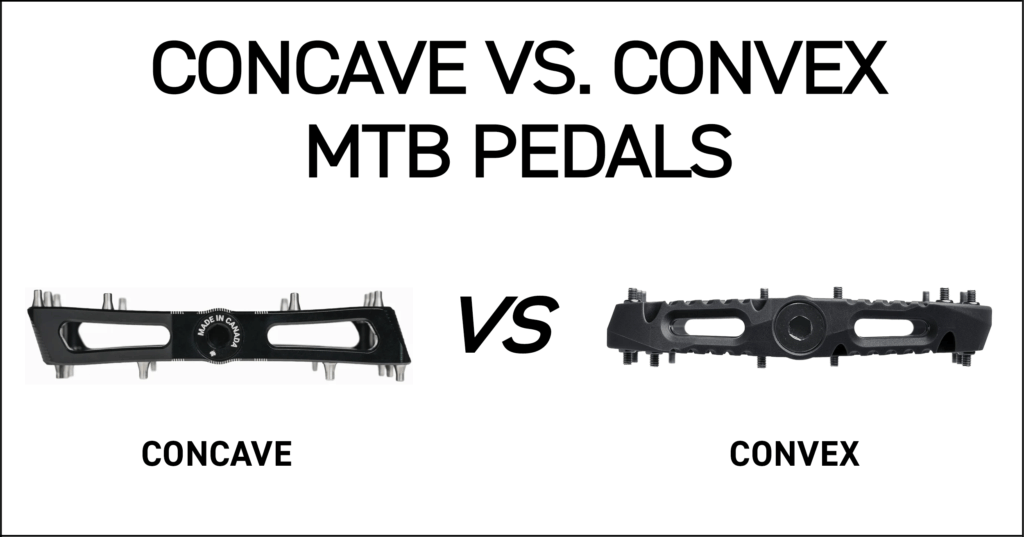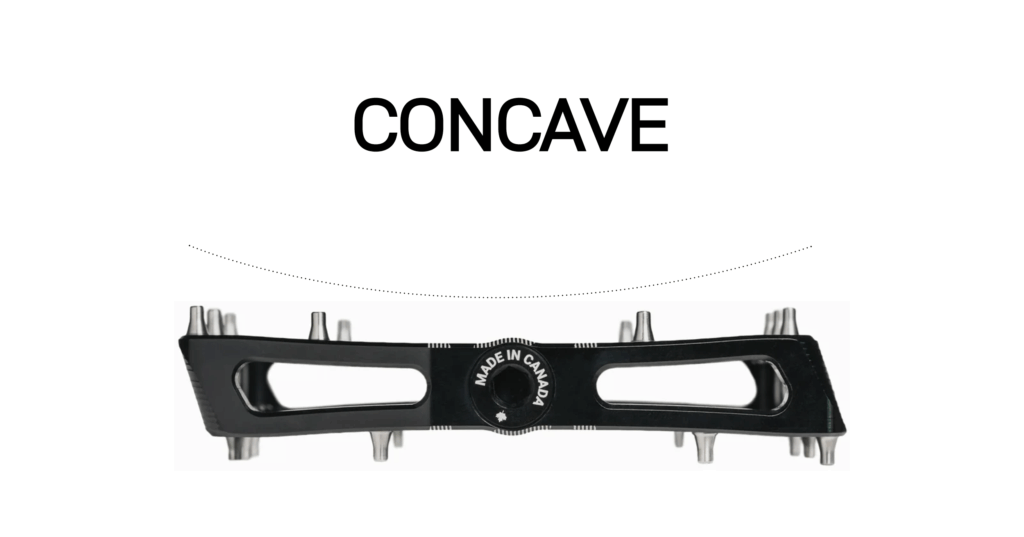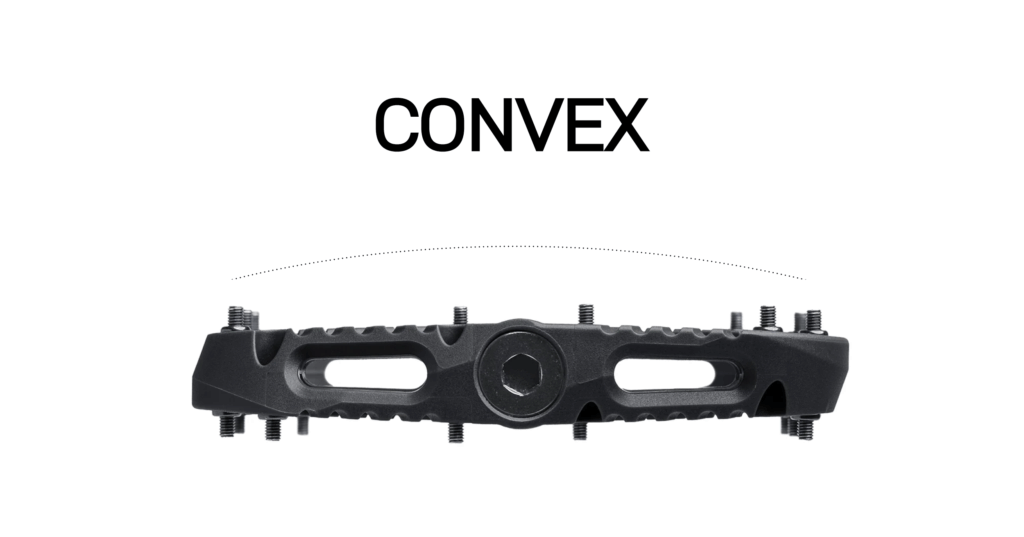Pedals don’t just connect your shoes to your bike—they shape the way you ride. While flat pedals all look similar at first glance, the platform design can make a huge difference. The two big categories are concave (dished-in) and convex (domed-out) pedals. Each style changes foot placement, grip, and feel under power. So which one’s right for your riding style? Let’s break it down.
Concave Pedals: The Classic Choice
Concave pedals are lower in the center and raised on the edges, creating a bowl-like shape.
Pros:
-
Locked-in feel: Your foot naturally settles into the platform for better grip.
-
Confidence in rough terrain: Great for downhill and enduro when you’re smashing rock gardens.
-
Works with all shoe types: Especially helpful with softer-soled MTB shoes.
Cons:
-
Can limit foot repositioning on the fly.
-
Some riders find them harder on long climbs where micro-adjustments are needed.
Best for: Riders who want maximum grip and security—downhill, freeride, and aggressive enduro.
Convex Pedals: The New School Alternative
Convex pedals bulge slightly in the center, giving a domed platform underfoot.
Pros:
-
Better weight distribution: Pressure spreads across the foot instead of locking into the edges.
-
Easier to adjust foot placement: Useful for trail riders who move their feet around more.
-
Can feel more natural: Especially if you ride stiffer shoes.
Cons:
-
Less locked-in than concave designs.
-
Some riders feel “perched” on top of the pedal rather than sunk into it.
Best for: Trail and all-mountain riders who want balance between grip and mobility.
Which One Should You Choose?
It depends on your priorities:
-
Go Concave if: You’re riding aggressive terrain, want maximum grip, and like your foot to stay planted.
-
Go Convex if: You prefer flexibility, ride mixed terrain, and like to move your feet around on climbs and descents.
Pro Tip: Pedal pins matter just as much as platform shape. A well-designed convex pedal with sharp, adjustable pins can grip just as well as a concave one.
Final Thoughts
Both concave and convex pedals have their place in modern MTB. Concave gives that locked-in security for gravity riding, while convex offers more natural foot movement for trail versatility. At the end of the day, the right choice comes down to how you ride and what feels best under your shoes. If you’re unsure, demo both designs—your feet will tell you pretty quickly which camp you fall into.
We carry mountain bike pedals and offer multiple options from Title MTB, Crankbrothers, and PNW Components. Shop our full selection of mountain bike flat pedals here. Remember that we offer free shipping on all orders over $149CAD. All orders are shipped out within 24 business hours as well.
Spend less and ride the best with TBS Bike Parts.
RELATED ARTICLES
HOW TO CHOOSE THE RIGHT MTB FLAT PEDALS
HOW TO CHOOSE THE RIGHT MTB STEM
HOW TO CHOOSE THE RIGHT MTB HANDLEBAR
FLAT VS. CLIPLESS MTB PEDALS – ADVANTAGES & DISADVANTAGES




